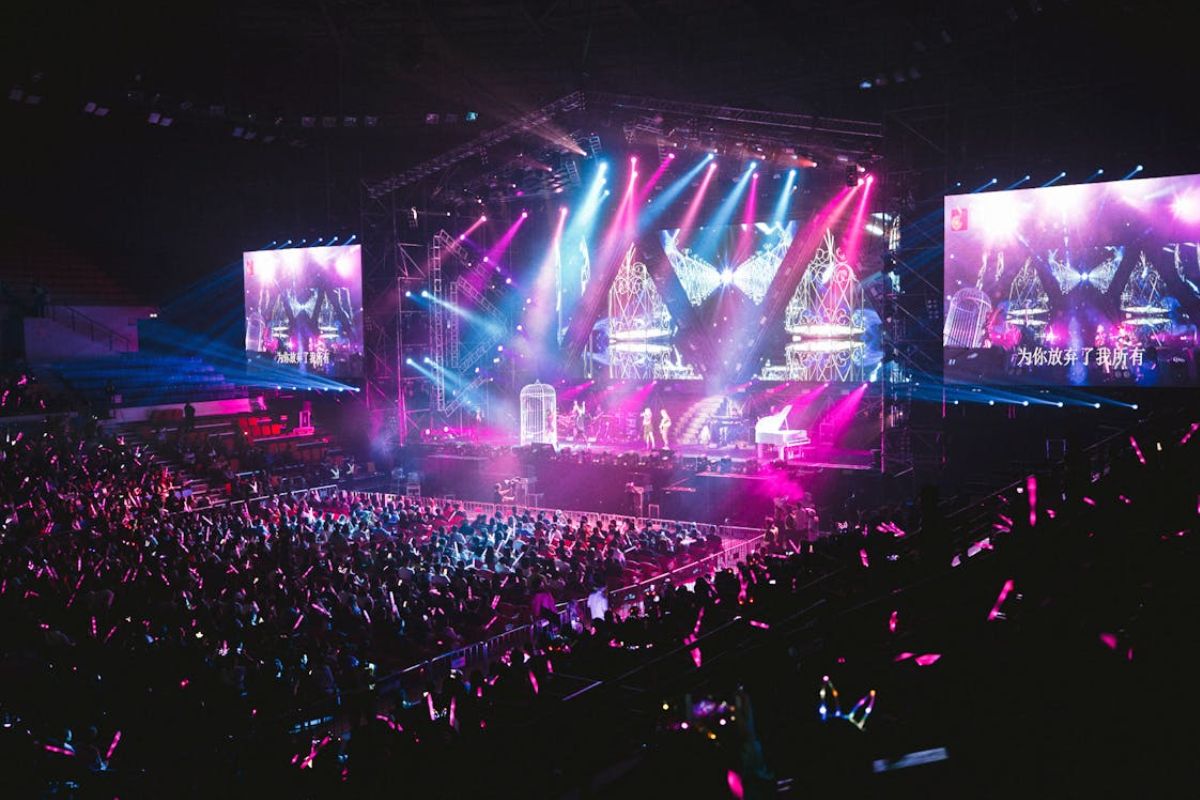
The digital age has revolutionized nearly every industry, and the music world is no exception. Thanks to the rise of music collaboration platforms, artists from all over the world can now create, share, and produce music together, regardless of their geographical location. These platforms are breaking down the traditional barriers of the music industry, making collaboration easier, more accessible, and more exciting than ever before. Let us explore how online platforms are changing the way musicians collaborate and the many benefits they offer to both seasoned artists and newcomers.
1. Bridging the Gap between Artists Worldwide
One of the most powerful aspects of music collaboration platforms is their ability to connect artists from all corners of the globe. In the past, collaboration was often limited by distance, time zones, and expensive travel. Now, musicians can work together in real-time from different countries, collaborating on a project without ever having to meet in person.
Platforms like Splice, SoundCloud, and BandLab offer musicians the tools they need to share music, communicate, and create together. For example, Splice allows users to upload and share stems, samples, and loops, giving artists the ability to remix or build upon each other’s work. BandLab offers a full suite of collaborative tools, including the ability to record, mix, and master tracks together—making it possible for artists to craft professional-quality songs without needing a studio.
This global connectivity opens up endless possibilities for creativity. Artists can bring their unique cultural influences, skills, and ideas into the mix, resulting in fresh and innovative collaborations that transcend borders.
2. Simplifying the Collaborative Process
Gone are the days when collaborating meant physically meeting in a studio and trying to coordinate schedules? With the help of music collaboration platforms, artists can collaborate asynchronously, making it easier to work around personal schedules and time zones.
These platforms offer streamlined workflows that allow artists to share ideas, edit tracks, and offer feedback without any logistical barriers. For example, a producer in Los Angeles can work with a vocalist in London, while a guitarist in Tokyo adds their part to the track—all in one centralized location. The process becomes seamless and efficient, allowing artists to focus on the creative side of things rather than technical hurdles.
Many platforms also feature built-in communication tools, including chat functions and video calls, allowing collaborators to discuss ideas, share feedback, and brainstorm in real time. This real-time communication helps to foster better collaboration and ensures that artists stay connected throughout the process.
3. Expanding Access to Professional-Grade Tools
In the past, aspiring musicians had to rely on expensive studio equipment or professional connections to access high-quality production tools. Today, music collaboration platforms level the playing field by offering a wide range of professional-grade tools at a fraction of the cost.
Platforms like Soundtrap, Logic Pro X, and BandLab give musicians access to top-tier digital audio workstations (DAWs), virtual instruments, and effects—all in an easy-to-use online interface. This makes it possible for artists to create and produce music that sounds just as polished as anything coming out of a major recording studio, even if they do not have a traditional background in music production.
Moreover, these platforms often provide free or affordable tiers, making them accessible to independent artists and those just starting out. The ability to collaborate with experienced professionals while using these tools empowers newer artists to level up their skills and create high quality content.
4. Enhancing Creativity with Diverse Contributions
The best music collaborations come from a variety of perspectives, ideas, and skill sets. Online collaboration platforms make it easier than ever for musicians to connect with others who have different strengths, experiences, and musical influences. Whether you are a songwriter looking for a producer, a producer in need of a vocalist, or a guitarist wanting to team up with a drummer, these platforms provide the perfect space to find the right collaborators.
Diverse collaborations often result in unexpected and exciting creative outcomes. For example, a hip-hop artist could work with a jazz pianist to blend genres in a fresh way, or an electronic producer could team up with a classical violinist to create an entirely new sound. These cross-genre collaborations are increasingly popular on music platforms, allowing artists to experiment and push boundaries in ways that would not have been possible in traditional settings.
5. Streamlining the Distribution Process
Once a song is created, getting it into the hands of listeners is the next step. Many music collaboration platforms now offer integrated distribution tools, allowing artists to easily publish their work on streaming services like Spotify, Apple Music, and YouTube. This not only helps get music out to a wider audience but also makes the distribution process much easier and more efficient.
By removing the complexities of traditional distribution, these platforms allow artists to focus on what matters most: creating and connecting with their audience. This ease of distribution makes it easier for independent and emerging artists to gain recognition, get their music heard, and grow their fanbase without relying on a record label or distribution company.
6. Fostering a Community of Support
In addition to the creative and technical benefits, music collaboration platforms also help foster a strong sense of community. Many of these platforms offer social networking features where artists can connect with each other, share their work, and provide feedback. This sense of community is invaluable, especially for independent musicians who may not have the same support systems as signed artists.
These online communities offer a safe space for artists to experiment, receive constructive criticism, and connect with others who are on similar journeys. The shared experiences and mutual support within these networks often lead to lasting collaborations and long-term friendships.
A New Era of Music Creation
Online music collaboration platforms have completely changed the way artists create and connect. By breaking down barriers of distance, cost, and access to tools, these platforms offer musicians the freedom to collaborate in ways that were once unimaginable. The ability to work with artists from around the world, access professional-grade resources, and receive feedback from a supportive community opens up a world of possibilities for creativity and growth.
Whether you are an established artist or just starting, these platforms provide the tools, connections, and opportunities you need to take your music career to the next level. The future of music creation is here, and it is collaborative, innovative, and more accessible than ever before.






